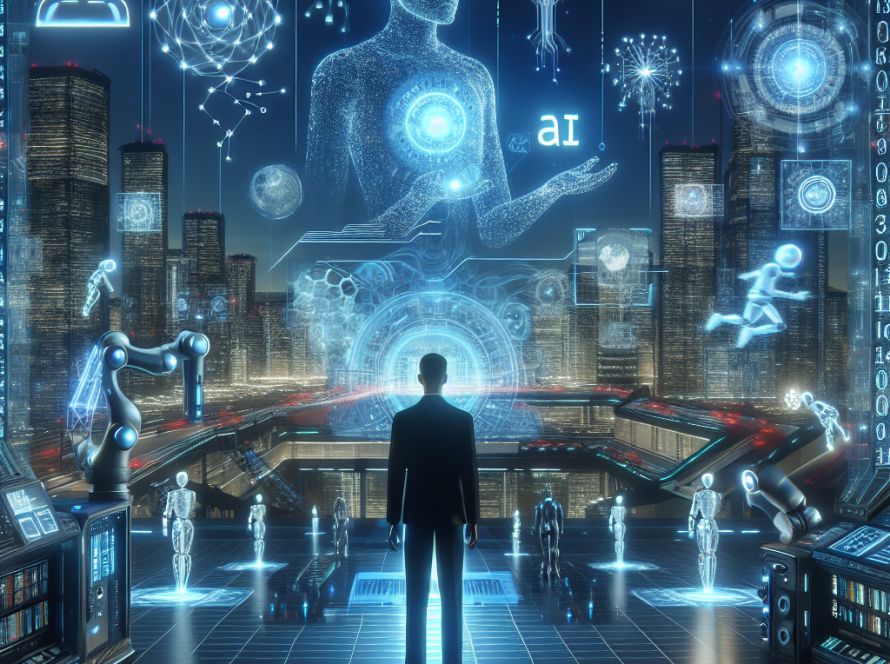Artificial Intelligence (AI) companions could help to alleviate a global loneliness crisis, according to Tony Prescott, Professor of Cognitive Robotics at the University of Sheffield and author of “The Psychology of Artificial Intelligence”. He highlights how AI can offer personalized, reciprocal social interaction which is particularly valuable in an era where many people feel isolated and lonely.
Loneliness has a detrimental impact on individuals’ health; a report from 2023 reveals that social disconnection is more dangerous than obesity, increasing the chance of premature death by 26%, and boosting the likelihood of other health issues. In the UK, 3.8 million people are chronically lonely, and a substantial study from Harvard found that in the US, 36% of adults and 61% of young adults suffer severe loneliness.
Prescott elaborates on how AI companions could help end the cycle of loneliness by validating feelings of self-worth and supporting the maintenance or improvement of social skills. This could support people in finding companionship with both humans and AI. Yet, he warns of the associated risks, suggesting that AI companions may be designed to encourage users to interact for extended periods and keep them returning.
This claim is supported by a recent experiment from Stanford University that hints at the potential mental health benefits of AI companions for lonely and suicidal students. The study involved 1,006 users of Replika, an AI chatbot, and found that 90% of participants felt lonely, of which 43% were severely or extremely lonely. Despite some negative feedback, participants overwhelmingly found that Replika helped their mental health in several key ways. These included treating the AI as a reliable friend, its therapeutic effect, initiating positive life changes such as elevated empathy, and preventing 30 participants from committing suicide.
Regarding the debate around the capacity of technology both to isolate and connect people, the recent report suggests that such innovations may be one of the next best hopes in addressing loneliness. Nevertheless, it cautions that there is a potential maladaptive cycle risk, where AI companions could become superficial fixes for the problems that technology has partly caused.


